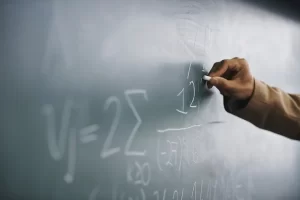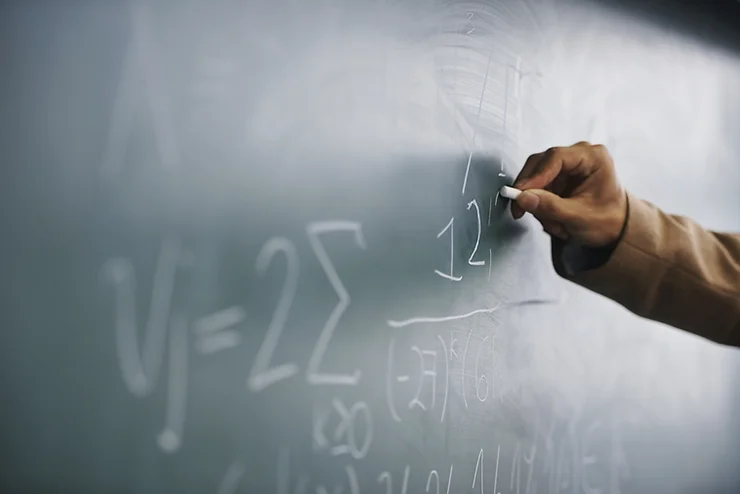Vitamin D. We hear about it all the time, it’s advertised on milk cartons, but do you know the real benefits? Here we will discuss why it’s important and where are the best places to get it!
What is Vitamin D?
Vitamin D is a fat soluble vitamin AND a hormone produced by our body
What does Vitamin D do? What are the benefits?
Vitamin D helps your body absorb and retain calcium and phosphorus, both which help build bones. Vitamin D also strengthens the immune system & boosts mood. Some observational studies have also seen a decrease in certain types of cancer, reduced risk of type 2 diabetes, reduced risk of heart disease and lower blood pressure in individuals who are receiving more than the recommended dietary allowance of Vitamin D.
The best sources of Vitamin D
Vitamin D can be absorbed through your skin with sunlight (UVB rays). However, the use of sunscreen will reduce the amount of UVB rays absorbed by the skin which will also reduce the amount of Vitamin D that is absorbed by the skin. Vitamin D can also be consumed in foods that are rich in Vitamin D such as egg yolk, cow’s milk, yogurt, cheese, salmon, swordfish, & tuna.
Vitamin D Deficiency
A deficiency in Vitamin D can be caused by not enough exposure to sunlight, or a lack of vitamin D rich foods. Those who have a deficiency may experience fatigue, not sleeping well, bone pain or achiness, depression, hair loss, muscle weakness, loss of appetite, and getting sick more frequently.
How does Vitamin D affect academic performance?
When students are deficient in Vitamin D they can experience many of the symptoms listed above which will negatively impact their ability to focus in the classroom. It may also prevent them from being present in the classroom as it may lead to them becoming sick more frequently.
This, among many other reasons, is exactly why we take a holistic approach to education. We understand that not everything is immediately a learning disability, but rather may be a learning challenge caused by a nutritional deficiency.
If you suspect a nutritional deficiency in your child may be impacting their academic performance, contact your child’s medical professional immediately to raise your concerns and inquire about testing.












